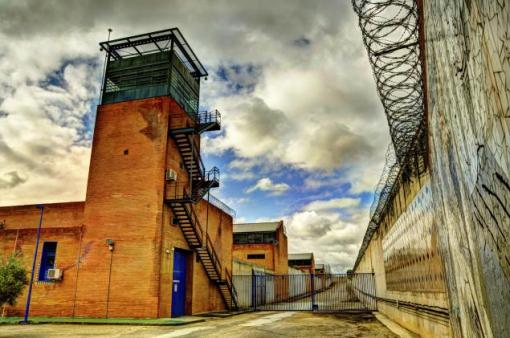It may be wonkish and nerdy to admit, but I enjoy the etymological side of public policy quite a bit.
Wait, that sentence itself is pretty incomprehensible. So let me start again.
We may all know “mass incarceration” when we see it (especially in the United States). But where did the term come from? Who used it first? And is it a neutral phrase, or laden with ideological baggage?
That is the conceptual adventure a reader embarks on when they begin a recent article on the Brennan Center website titled “Just Facts: Quantifying the Incarceration Conversation.”
In the article, Oliver Roeder explains the roots of the term mass incarceration. That alone makes the article worth your time.
But of special interest is the kind of research that a digitized knowledge base allows us. The existence of digitized articles and scholarship permits talented people like Roeder to track trends in word use. Because of that, he’s able to explain, among other things, how use of the phrase ramped up, and to compare it to the increasing size of our prison population. Here is an example of one of his tables:
Roeder earned his economics Ph.D. at the University of Texas in Austin. Perhaps not coincidentally, Texas is one of the states trying to make inroads in the mass incarceration challenge.
A few years ago, I wrote a story about the possibility for altered sentencing laws in Arizona. It appeared way back in 2012, when the prospects had brightened and then dimmed.
But if Roeder’s analysis shows anything, it is that the concept of mass incarceration has entered the collective consciousness. Supporters and detractors both understand that they must wrestle with the propriety of a historically large prison population.
So maybe it’s time for an updated look. What do you think?
Follow @azatty

Leave a comment